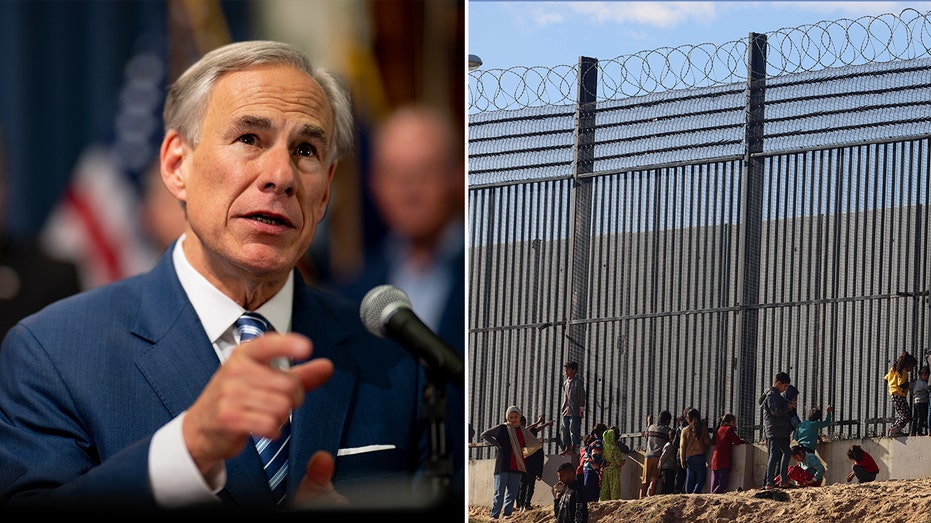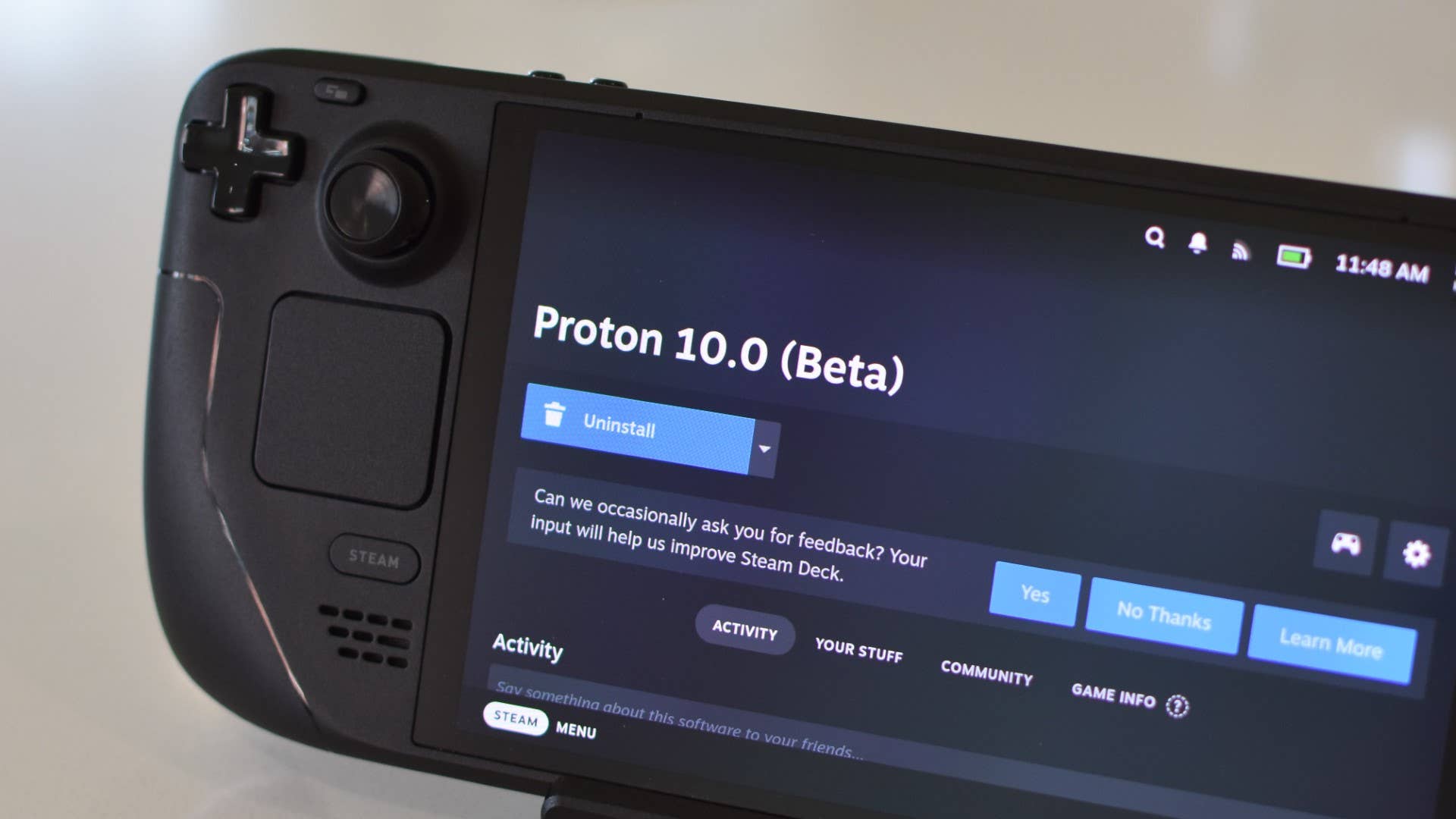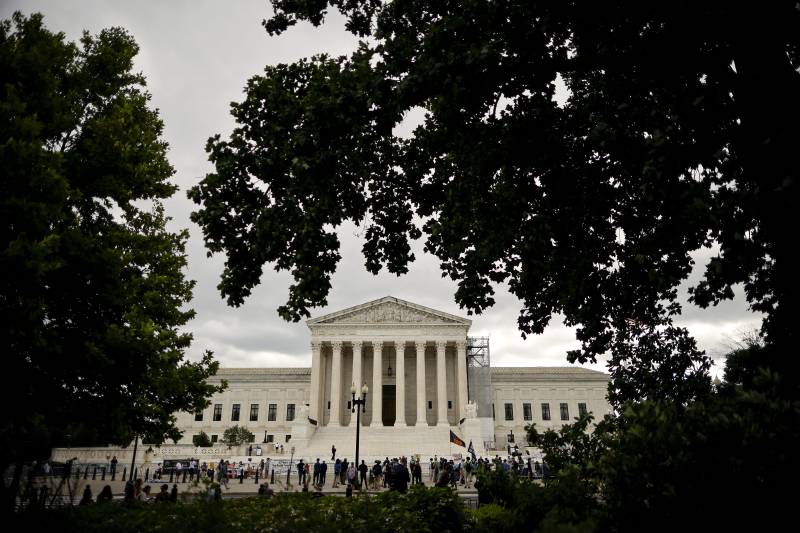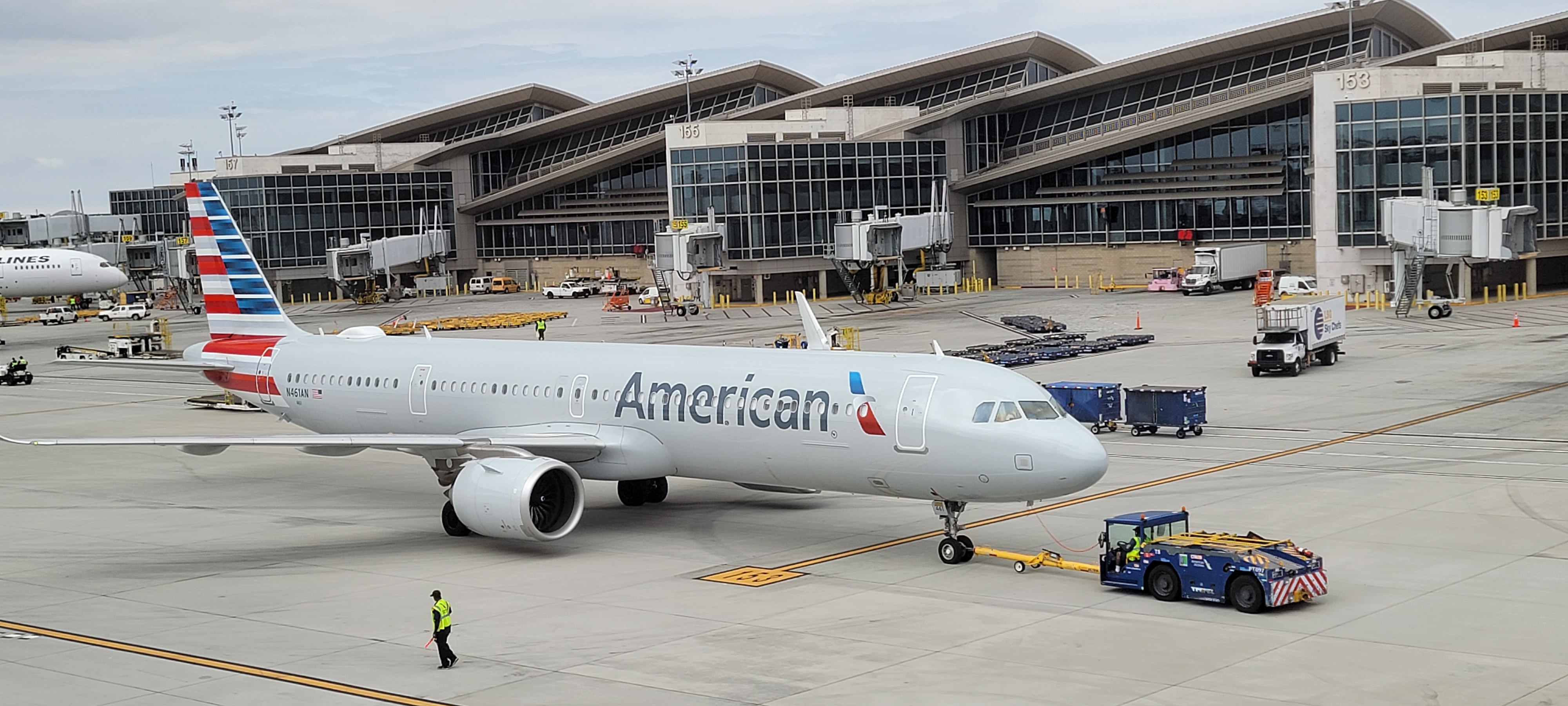Unlocking homeownership: A bipartisan approach to building affordable housing
The Neighborhood Homes Investment Act is a bipartisan bill that would create a new tax credit to bridge the gap between the cost of building or repairing a home and its value, helping to revitalize struggling urban and rural communities while making homeownership accessible for first-time buyers.

Erie, Pa. and Hartford, Conn. share much in common — snowy winters, growing technology sectors and, like many other communities across the nation, a pressing need for more affordable homeownership opportunities.
In cities like Erie and Hartford — which we proudly represent in Congress — as well as dozens of other older industrial cities, we’re witnessing block after block of aging homes deteriorating within a stone’s throw of burgeoning commercial districts. In east Erie, nearly 20 percent of properties are classified as being in poor or unsound condition, with another 37 percent showing the beginnings of disinvestment or neglect.
The intertwined issues of blight, vacancy and an aging housing stock are not unique to older northeastern cities. They represent a truly national crisis, affecting cities from St. Louis and Detroit to Fresno and Jacksonville, from Baltimore to Birmingham and Charlotte. These challenges hit particularly hard in rural communities that have been suffering with outmigration and years of disinvestment.
Simultaneously, the U.S. is vastly underproducing housing. By some estimates, there is a shortage of 4 million homes. With construction costs on the rise and mortgage rates still high, it is exceedingly difficult to build homes that are affordable for lower- and middle-income families.
The cost of inaction is severe for American families and local economies everywhere. Many families find it challenging to secure a home they can afford to buy, making it harder to build wealth. Moreover, existing homeowners often face extensive repair needs. In order to reverse the United States’ declining homeownership rate, we must build new homes that Americans can afford to own and make repairs to existing housing across the country.
That’s why we proudly lead the Neighborhood Homes Investment Act in Congress. This bipartisan legislation would create a new tax credit to bridge the gap between the cost of building or repairing a home and the home’s value once it is built. By addressing this “value gap,” developers would be incentivized to build and renovate tens of thousands of homes annually in struggling urban and rural communities, helping to revitalize these areas while making homeownership accessible for many first-time homebuyers.
Our Neighborhood Homes proposal also utilizes a successful public-private partnership model to target communities in the greatest need, especially rural areas and those with high poverty rates. By partnering with the private sector, our bill could result in 500,000 new or rehabilitated homes over the next decade, while also creating good-paying jobs in construction and related industries.
As Congress prepares tax legislation for 2025, we have a rare opportunity for bipartisan action to address our affordable housing crisis and narrow our country’s staggering homeownership gap. The need to keep our neighborhoods safe, vibrant and economically robust transcends party lines. More than 100 members of Congress from both parties supported the Neighborhood Homes Investment Act last Congress, and the bill has been endorsed by a broad coalition of industry and housing trade groups, state housing finance agencies, neighborhood redevelopment organizations, and both nonprofit and for-profit housing developers.
We have just reintroduced the bill and now it’s time to take it across the finish line. Americans deserve more affordable homeownership opportunities, and many neighborhoods require investments to thrive. We must pass the Neighborhood Homes Investment Act.
U.S. Reps. Mike Kelly (R-Pa.) and John Larson (D-Conn.) are the co-leads of the bipartisan Neighborhood Homes Improvement Act. Kelly serves as chairman of the Ways and Means Subcommittee on Tax, and Larson serves as ranking member of the Ways and Means Subcommittee on Social Security.









































































